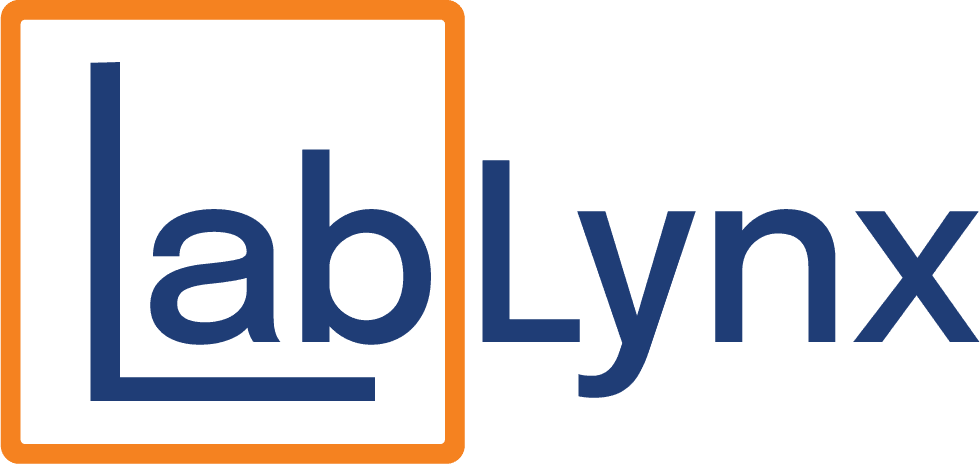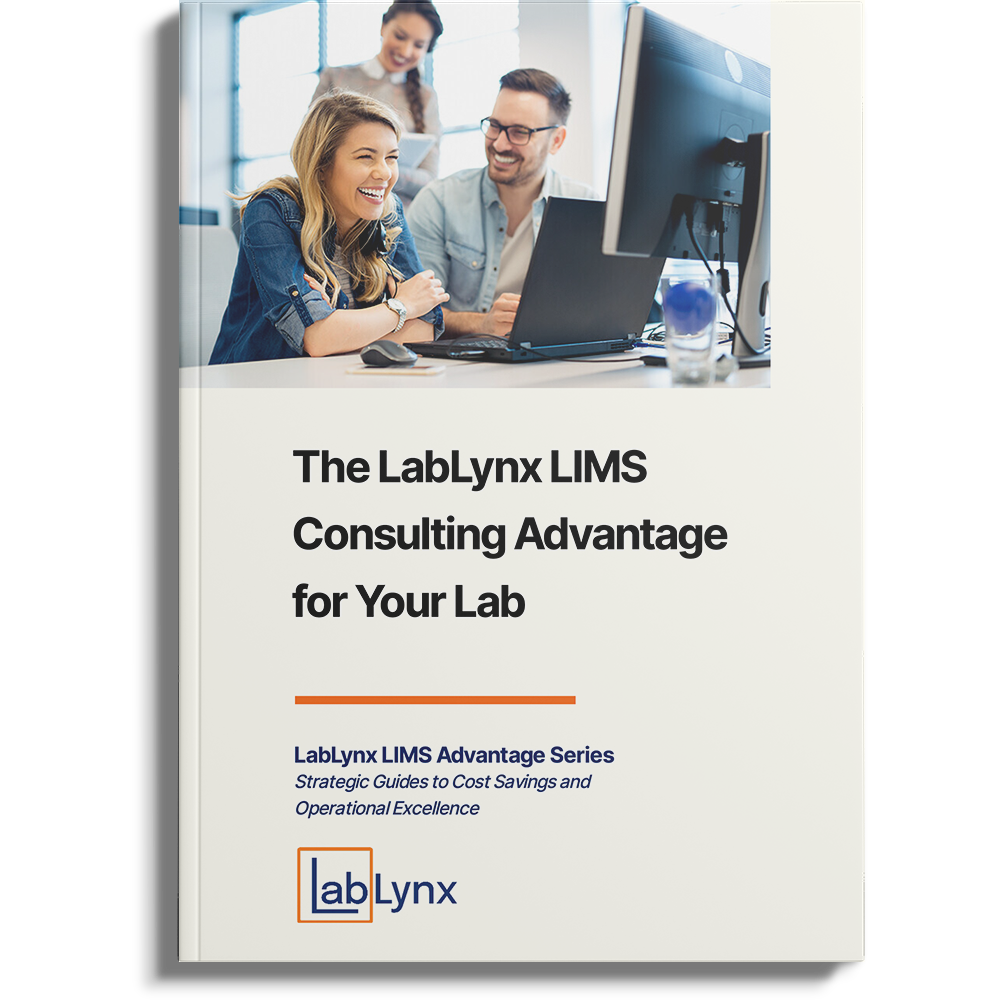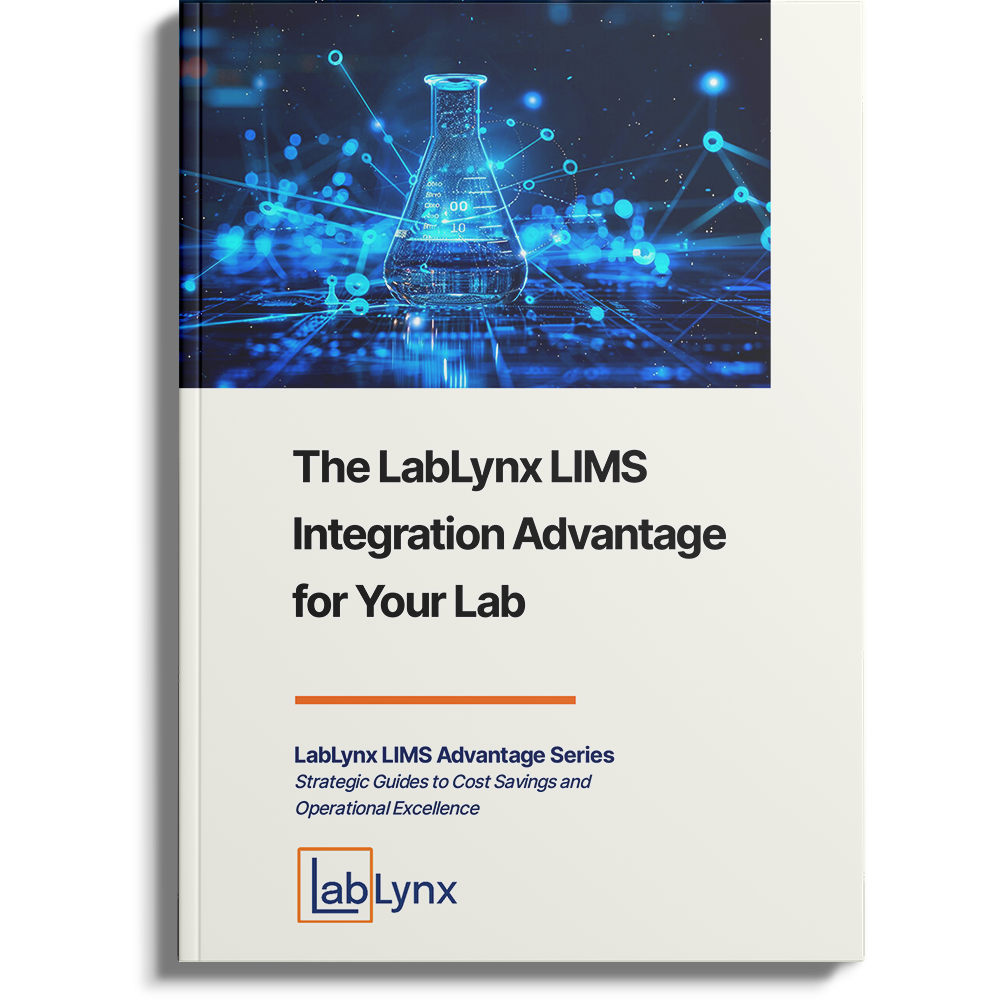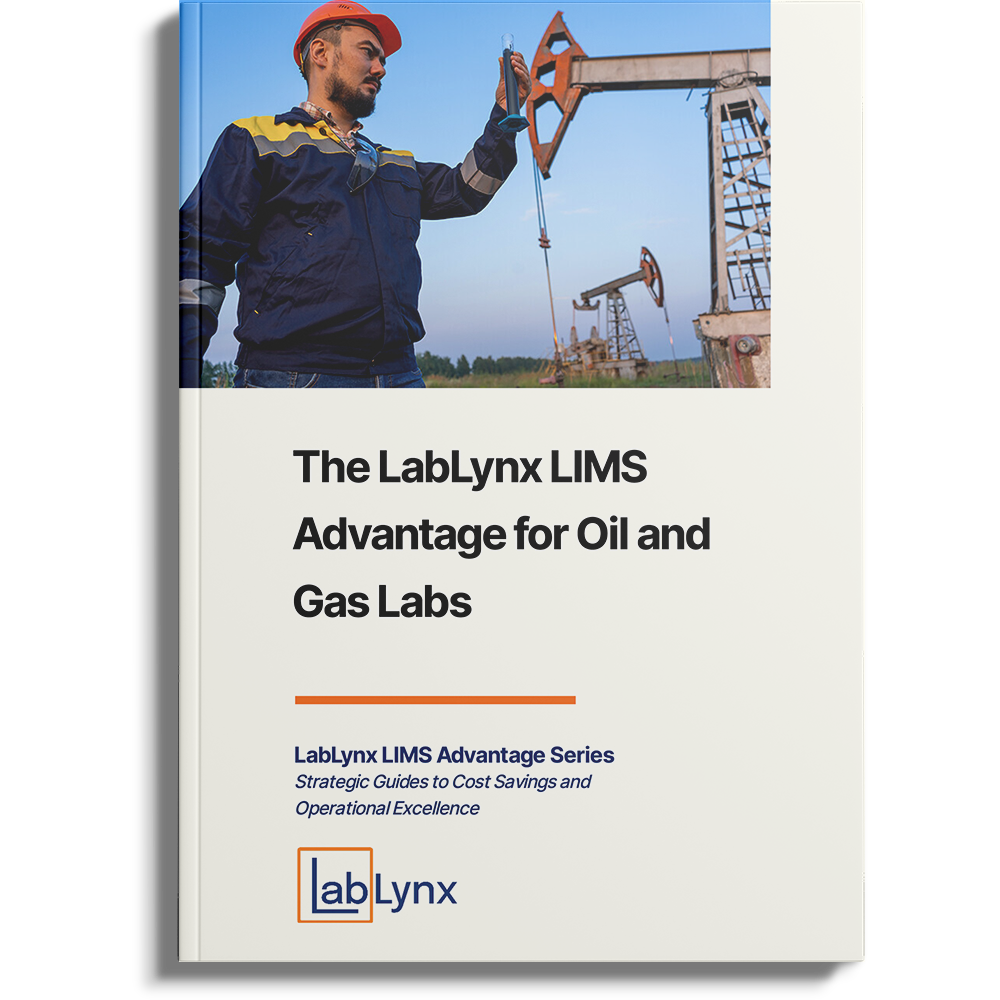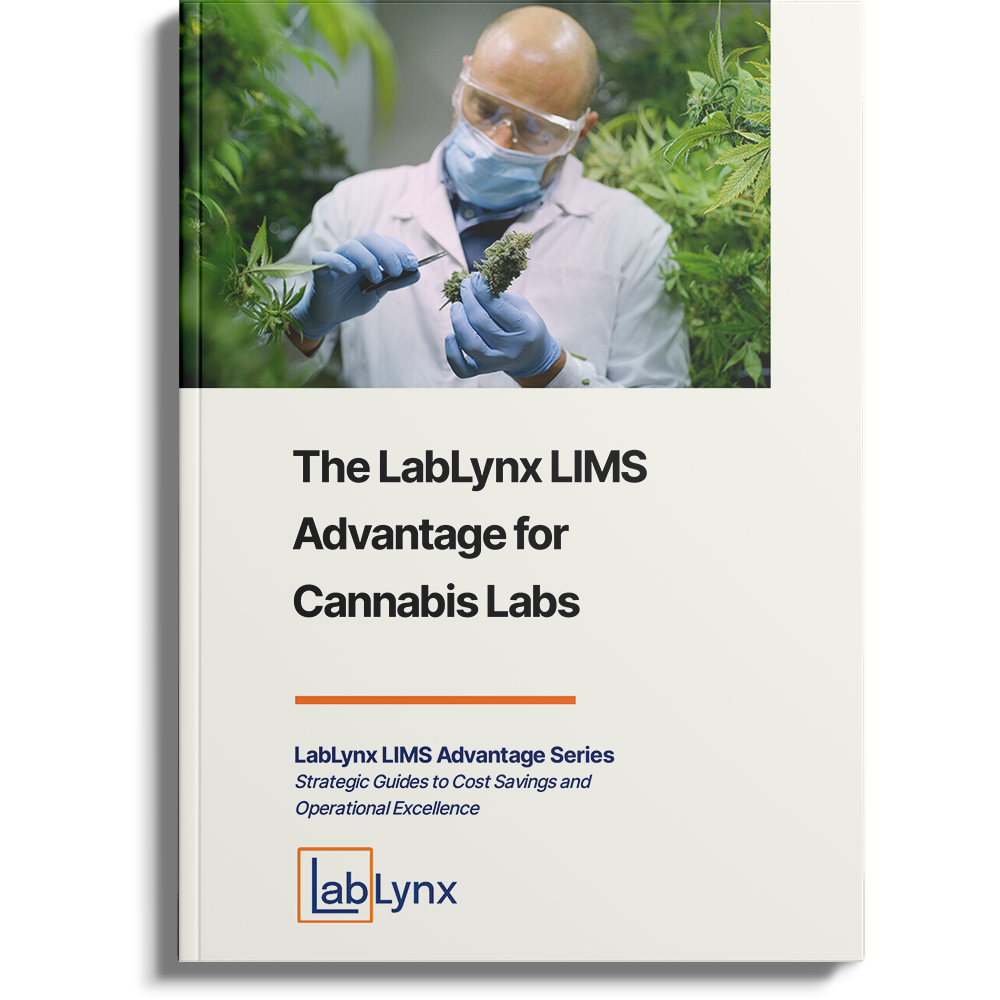
In May of 2021, Colonial Pipeline, a prominent operator of a fuel pipeline network in the United States, became the target of a ransomware attack.1 This incident prompted a temporary pipeline shutdown. This caused disruptions to the fuel supply from Texas to the East Coast. The attack focused on operational control systems rather than laboratory data that is within a laboratory information management system (LIMS) but is still a stark reminder of the consequences that cyberattacks can inflict upon the oil and gas sector.
In the oil and gas industries, safeguarding the sensitive nature of information and mitigating the potential ramifications of unauthorized access are of utmost importance, making data integrity and security paramount. Safeguarding data guarantees information accuracy, dependability, and consistency. Data integrity promotes sound decision-making processes and averts costly errors. By strongly emphasizing data integrity and implementing robust security measures, laboratories operating within the oil and gas sector can effectively eliminate risks and bolster operational excellence.
A LIMS is vital in maintaining data integrity and security for oil and gas laboratories. A LIMS can provide user access controls, data encryption, audit trails, and centralized data management to protect sensitive information.
User access controls
A wealth of sensitive and proprietary information exists within oil and gas laboratories, including test results, analytical data, and research discoveries. Each LIMS user can be assigned a unique username and password, serving as their digital identity within the software. By utilizing the access controls embedded within the LIMS, only verified and authorized personnel can access or modify this confidential information. By restricting access to only trusted individuals, labs can eliminate the risks associated with data leaks. LIMS software can go beyond traditional usernames and passwords and require multi-factor authentication (MFA). This level of protection requires LIMS users to provide an additional layer of verification, such as a one-time password sent to their mobile devices.
Oil and gas laboratories must comply with environmental, health, and safety standards and regulations. LIMS access controls facilitate compliance by limiting access to sensitive data and analytical methodologies solely to qualified personnel with the required training and certifications. This level of control ensures adherence to regulatory protocols, the maintenance of comprehensive audit trails, and the preservation of data integrity during inspections and compliance audits.
Data encryption
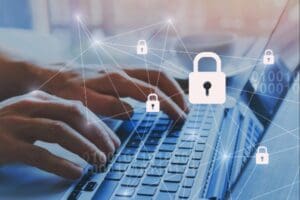 Oil and gas companies invest significant resources in research and development. Intellectual property requires protection from theft or unauthorized access. Encryption transforms data into an unreadable format, only decrypted by someone with the appropriate encryption keys. Encryption provides a formidable defense against intellectual property theft by ensuring that research data, trade secrets, and other proprietary information remain secure and inaccessible to unauthorized parties.
Oil and gas companies invest significant resources in research and development. Intellectual property requires protection from theft or unauthorized access. Encryption transforms data into an unreadable format, only decrypted by someone with the appropriate encryption keys. Encryption provides a formidable defense against intellectual property theft by ensuring that research data, trade secrets, and other proprietary information remain secure and inaccessible to unauthorized parties.
Collaboration and the sharing of sensitive data with partners, clients, and customers as part of their operations is common among oil and gas laboratories. Encryption establishes trust and confidence in these relationships by making sure that data remains confidential and protected during transmission or storage. Even if data is intercepted while being transmitted through networks, it remains indecipherable. Demonstrating a commitment to data security through encryption can strengthen partnerships, attract customers, and differentiate a laboratory from its competitors.
Audit trails
LIMS audit trails provide traceability and reproducibility of laboratory processes and analytical results. This can include capturing information such as instrument calibrations, sample tracking, method changes, and data modifications. It provides a transparent and unalterable account of who accessed the data, when, and what changes were made. With this level of traceability, laboratories can accurately reproduce experiments, validate findings, and address any discrepancies or anomalies that may arise. Audit trails provide a comprehensive history of data-related activities.
Audit trails facilitate quality control (QC) processes in oil and gas laboratories. By monitoring and recording data-related activities, laboratories can assess the effectiveness of their QC measures. Labs can also identify areas for improvement and implement corrective actions when necessary. Audit trails provide insight into the frequency and nature of errors and non-conformities. These records empower laboratories to enhance their processes, training, or overall quality management systems.
As mentioned previously, the oil and gas industry is heavily regulated. In the event of a laboratory audit or inspection, the detailed audit trail serves as evidence of data management and compliance. A LIMS allows labs to detect and address compliance issues proactively, preventing potential violations before they escalate.
Centralized data management
Oil and gas laboratories generate vast amounts of data from various sources, including sample analysis, instrument readings, and experimental results. Large volumes of data must be accessed and analyzed quickly and efficiently to support timely decision-making.
A LIMS is a centralized repository for all laboratory data, including test results, samples, analytical methods, and QC information. By consolidating data in a single system, a LIMS reduces the risk of data fragmentation, loss, or inconsistency, thereby protecting data integrity and accuracy. Centralized data management also facilitates efficient data retrieval, analysis, and reporting, which can improve overall data integrity and accessibility.
Oil and gas laboratories should also establish data archiving and retention policies to guarantee that data is stored securely and retained for the appropriate duration. Labs can comply with regulatory requirements and preserve data integrity over time by implementing proper data retention practices.
The LabLynx ELab LIMS for oil and gas laboratories
The LabLynx ELab LIMS can provide a multi-layered approach to protect sensitive information in oil and gas laboratories, mitigating the risk of data breaches, unauthorized access, or data leaks. The ELab LIMS offers role-based access controls and strong password policies, supports data encryption, maintains detailed audit trails and version control, and provides a document approval process. LabLynx also offers secure servers with robust backup and disaster recovery protocols.
LabLynx provides comprehensive training and support services for ELab LIMS users, including user training on data integrity best practices, system security measures, and compliance requirements. Ongoing support ensures that laboratories can effectively utilize the LIMS and address any security-related concerns or issues that may arise.
To learn more about how ELab LIMS benefits oil and gas laboratories, visit www.LabLynx.com or contact sales@lablynx.com to schedule an initial consultation and demonstration of ELab.
References
1 https://www.techtarget.com/whatis/feature/Colonial-Pipeline-hack-explained-Everything-you-need-to-know
